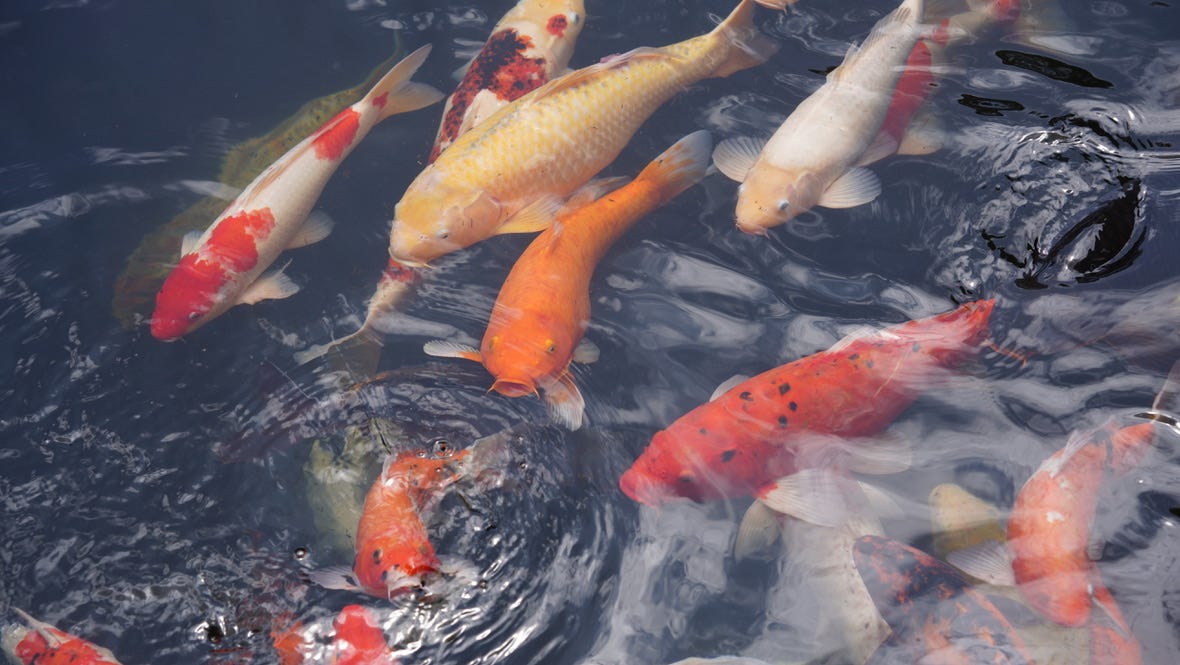Learnings from my sabbatical. Part 1
How I learnt that even going on a sabbatical still does not give me more Saturdays per week
In 2023 I went on a burnout leave, which eventually led me to quitting the company. This is how my sabbatical started. I worked at Atlassian at that time. It is a separate story about the burn out, and may be I will dedicate a separate post to that. When people share about their sabbatical, they often share what they have done in their sabbatical. I prefer to share instead what I learnt. Today I’d like to summarise the insights I got from not working (or better to say not needing to work).
There are no more Saturdays. At least the ones I used to know.
I used to love Saturdays. After a series of intense weekdays, I finally could have control over my time at a different scale. And I knew, I still have my Sunday. Saturdays were my favourite days. I believed that on a sabbatical every day is like Saturday. That was not completely true. I felt great on Saturdays because of stress and pressure which was released from weekdays. If there is no pressure, there is as well no euphoria, about releasing that pressure.
I don’t have an 8-hour gap in my day
In the beginning of my sabbatical few people asked me: so what do you do all day? First, I was confused, and later I asked myself: “so what do I do all day?”. There is an assumption that given our work takes 8-9 hours, if we remove work, then we have a hole in our day occupied with nothingness. What in fact started to happen is that rather than spending 9 minutes to have a breakfast, I would cook and eat one in 45 minutes. I noticed that when I go doing groceries, I don’t just run from a shelf to a shelf to buy exactly what I planned and leave the establishment ASAP, I take time, and browse what they have, and occasionally read on the boxes what the difference between Jasmine and Basmati rice is. I have time just to sit and read a book, I have time to go for a walk and check that place which I always wanted, I can meet with a friend and talk not for 1 hour but for 3. In the not being in a rush, and expressing some curiosity, leads to the day being full. In such a way, if I don’t plan to be productive, I can just easily go by my day and not even feel that there could be an 8-hour gap. Given that if I don’t plan anything, I could go through a 1 year sabbatical, without achieving much. In a way that could be a point as well: to focus on being rather than achieving.
Being way more aware about how I feel and what I want in the moment
I used to feel very busy, and I did not ask myself constantly: “how do you feel now, and what do you want to do”, instead I was running from one commitment to another, feeling very tired and exhausted by the end of the day. Now, I keep asking myself these questions in different situations, while talking to people, going somewhere etc. Now it allows me much more to end the conversation with someone, if I am not interested anymore, or to enjoy my bike ride, without having to be on a rush.
Seeing opportunities I have not seen before
Spending all the time at work, previously I did not use many opportunities to talk to new people, and to see what kind of opportunities exist. Not working allowed me to talk to many people from various walks of life, and see that there are problems I could solve for other people and get compensated for that, such as a general manager of a resort in Tuscany suggested they spend an unreasonable amount of money on revenue management (0.5 MLN EUR), which happened to be the topic of our team at Booking, and they asked me to help them not spend as much. Another example is after we started presenting our work around investing in real estate with Nick, 3 people reached out asking if they could invest with us.
More to come.


